- 524 Posts
- 174 Comments

 0·12 days ago
0·12 days agoNaja, streng genommen nicht. Ein Kommentar soll ‘nur’ alle Seiten eines Themas beleuchten, aber nicht die Meinung derer, die das schreiben. Die Meinung der Journalisten und -innen sollte belanglos sein. Daran hält sich nur (fast) niemand in der Branche.

 0·12 days ago
0·12 days agoNaja, das hängt wohl von der Meinung ab. Wenn es um konservative Meinungen geht, dann sind die öffentlich-rechtlichen vorne dabei: https://www.tagesschau.de/kommentar/chatkontrolle-eu-102.html









 101·17 days ago
101·17 days agoChinese orgs love signing MOUs
The CCP - or, better, the China Scholarship Council (CSC) under the rule of the CCP - forces Chinese students and researchers to sign ‘loyalty pleadges’ before giong abroad saying they “shall consciously safeguard the honor of the motherland, (and) obey the guidance and management of embassies (consulates) abroad.” The restrictive scholarship contract requires them to report back to the Chinese embassy on a regular basis, and anyone who violates these conditions is subject to disciplinary action.
In one investigation,
Mareike Ohlberg, a senior fellow working on China at the German Marshall Fund, sees the CSC contract as a demonstration of the Chinese Communist Party’s “mania for control.”
“People are actively encouraged to intervene if anything happens that might not be in the country’s interest,” Ohlberg said.
Harming China’s interests is in fact considered the worst possible breach of the contract.
“It’s even listed ahead of possible involvement in crimes, so effectively even ahead of murder,” she noted. “China is making its priorities very clear here.”
[…] Kai Gehring, the chair of German parliament’s Committee for Education and Research, says the CSC contracts are “not compatible” with Germany’s Basic Law, which guarantees academic freedom.
In Sweden, for example, universities have already cancelled the collaboration with the CSC over this practice.
There is ample evidence that China uses scientific collaboration with private companies as well as universities and research organizations for spying. You’ll find many independent reports on that as well as of the CCP’s intimidation practices of Chinese students who don’t comply with the party line, e.g., in Australia and elsewhere. It’s easy to find reliable sources on the (Western) web.





 7·29 days ago
7·29 days agoYes. We need human responsibility for everything what AI does. It’s not the technology that harms but human beings and those who profit from it.

 0·30 days ago
0·30 days agoDie Antworten auf weitere gestellte Fragen bleiben demzufolge weiter unter Verschluss. Dazu zählt unter anderem […] die Zahl der Ausschreibungen für öffentliche IT-Projekte oder Entwicklungsaufträge seit Beginn der Legislaturperiode, bei denen Open Source – also transparenter, veränderbarer Code – Ausschreibungskriterium war.
Wenn das öffentliche Ausschreibungen waren, wie kann es dann unter Verschluss sein? Das muss dann ja bekannt sein. Oder verstehe ich da was nicht?
Bereits 2019 stellte eine Studie im Auftrag des Innenministeriums eine Abhängigkeit der Bundesverwaltung von wenigen Software-Anbietern fest: „Das gilt insbesondere für Microsoft, dessen Produkte vielfach eingesetzt werden und eng miteinander verknüpft sind.“
Gut, dass man das festgestellt hat. Dann wissen.jetzt ja alle, was zu tun ist.

 0·1 month ago
0·1 month agoEinen Erstausrüster gibt es nicht (mit Ausnahme vielleichg von KTM, das ist aber ein Motorradhersteller). Es gibt aber eine große Zuluferindustrie. Magna ist wahrscheinlich die bekannteste Firma, die bauen und entwickeln in österreichischen Werken Autos für andere Hersteller soviel ich weiss. BMW und Fiat und ein paar andere haben Zweigwerke in Ö.
AVL liefert die Technologie für viele Automarken. Mir wurde vor vielen Jahren mal gesagt, dass es auf der Welt kein Auto gibt, in dem nicht zumindest ein Teil der Elektronik irgendwie von AVL kommt. Ob das stimmt, kann ich nicht beurteilen. Aber die Firma ist international wie viele andere innerhalb Branche sehr gut bekannt und hat -wohl zu Recht- einen guten Ruf.
Ich bin aber selbst kein Experte für diese Industrie, aber volkswirtschaftlich spielt die Autozuliferbranche eine große Rolle im Land.

 0·1 month ago
0·1 month agoWobei es für Österreich keinerlei Zahlen dazu gibt, ob Asylwerber nennenswerte Geldbeträge verschieben.
Welche “nennenswerten Geldbeträge” können sie denn “verschieben”, wenn sie 6 oder 7 Euro pro Tag bekommen? Die ganze Diskussion wäre ein Witz, würde dahinter nicht eine populistische und menschenverachtende Gesinnung stehen.

 0·1 month ago
0·1 month agoDas Institut Political Capital in Ungarn hat das Abstimmungsverhalten aller Parteien im Europiäischen Parlament untersucht. In der Analyse heisst es u.a.:
There are some parties from the CEE that seem to be lenient towards authoritarians. [Among them] is the Freedom Party of Austria (FPÖ, ID), which has been leading the polls in Austria. These parties can be deemed as the main entry points for authoritarian regimes to influence EP resolutions, although their aggregated weight is too low for any chance of success.
The FPÖ has cultivated a notoriously friendly relationship with the Kremlin and even signed a “friendship” agreement with the Russian ruling party, United Russia, in 2016. The FPÖ MEPs failed to condemn Russia’s invasion of Ukraine in key votes and statements. For instance, they voted against establishing the Ukraine Facility. The party also questioned the EU sanctions levied on Russia and called for a referendum on the matter in Austria. The leader of the FPÖ delegation, MEP Harald Vilimsky, stressed that a “small clique of EU-centralists is endangering our prosperity and freedom” with these sanctions.
[The “soft defenders” of Russia and other authoritarian regimes] engage in a discourse similar to that of far-right parties such as the FPÖ, while withdrawing from the voting process, presumably out of concern for the geopolitical risks and reputational costs of openly supporting Russia and China.
Die ganze Studie in englischer und ungarischer Sprache gibt es auf der Website zum Download (siehe Link oben).

 2·1 month ago
2·1 month agoYou wouldn’t trust the Chinese supplier (or any supplier). You’d go to the bauxite shipment company and let them register with the network, you’d send independent auditors to their premises, very much as we do it with ibdependent audits nowadays.
We do need to physically access the premises across the supply chain to verify that ‘on-chain personas’ reflect their ‘real’ identities. But no single authority can control the data, we can be quite sure that all transfers of ownership across the supply chain have been authorized by their controllers. Compared to centralized systems, the blockchain provides us a much higher level of transparency and certainty over the fidelity of the information.

 3·1 month ago
3·1 month agothere’s no way tovtrack where resources, material, items come from, who made them
Independent audits are done -they are very common in many industry for a variety of reasons- and they work if done properly.
We could even track the provenance of each material through a trustless system like a blockchain to guarantuee a high level of credibility and transparency, just to name a relatively new technology. This is done already.

 6·1 month ago
6·1 month agoThey have been already managing that for a long time. Independent audits are common - except in a few countries.

 0·1 month ago
0·1 month ago[Israeli Spy chief Cohen] is alleged to have told her [the ICC prosecutor]: “You should help us and let us take care of you. You don’t want to be getting into things that could compromise your security or that of your family.”

 0·1 month ago
0·1 month agoVerbraucherzentrale Niedersachsen warnt vor vanea-barfussschuhe.com – Shop aus China
Dieser Onlineshop hat kein Impressum. Auf der Website findet sich zwar die Rubrik „Impressum“, jedoch verbirgt sich dahinter nur eine Rücksendeadresse. Bei einer Rücksendung kommen hohe Portokosten auf Verbraucherinnen und Verbraucher zu, da diese nach Hongkong geschickt werden muss. Nur bei einem offensichtlichen Defekt wird dasselbe Produkt erneut geliefert. Es bleibt offen, wer Verantwortlicher ist und mit wem es Kundinnen und Kunden zu tun haben. Vorsicht: Shop aus China. Zur Beratung per Telefon, Video oder vor Ort.

 0·1 month ago
0·1 month agoWeil es einen deutschen Namen auch gibt.

 0·1 month ago
0·1 month agoIch hab’ mich auch gewundert. Die Taz schreibt das immer so, und ich wollte daa Original nicht ändern. Aber komisch ist es schon :-)

 0·1 month ago
0·1 month agoIch schliesse mich @phneutral@feddit.de an :-)

 0·1 month ago
0·1 month agoJa, genau. Wenn Du ein Ticket willst oder zum Arzt musst, dann musst Du eben Deine Daten hergeben. Sowas fördert dann auch die Macht einiger weniger Konzerne, die mit den Daten der Menschen handeln.

 0·1 month ago
0·1 month agoMein Zugang zu diesem Thema ist zwar umfassender als in dieser Petition, aber das Anliegen ist dasselbe und vielleicht will das jemand unterstützen: https://righttooffline.eu/Unterstutzen-Sie-den-offenen-Brief-als-Burger
Hinzugügung für Wisschenschafter/-innen oder jene, die mit einer Organisation unterstützen wollen (der Link oben ist für Privatpersonen): https://righttooffline.eu




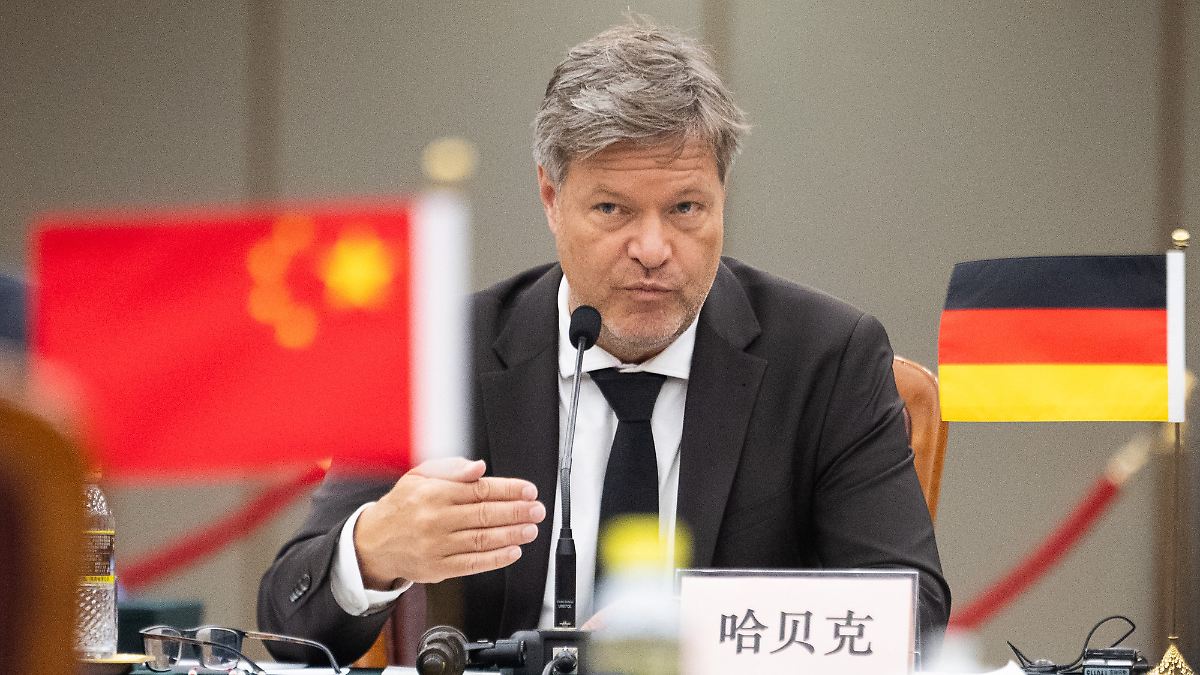
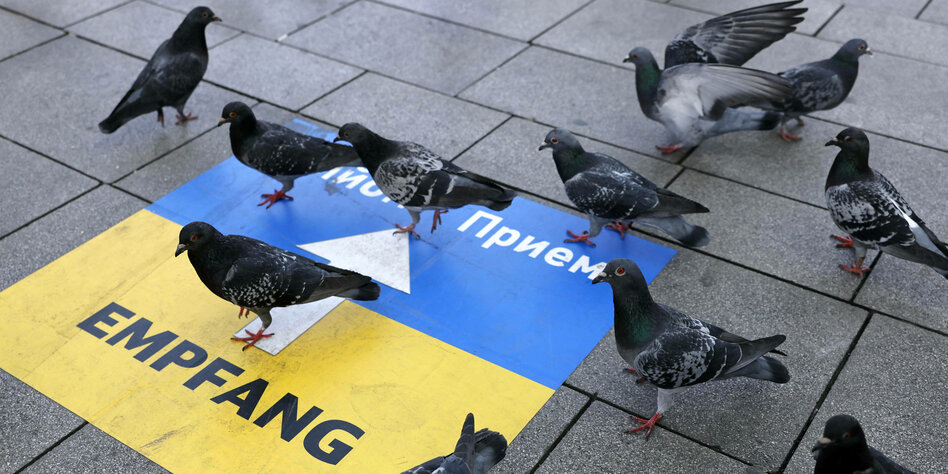




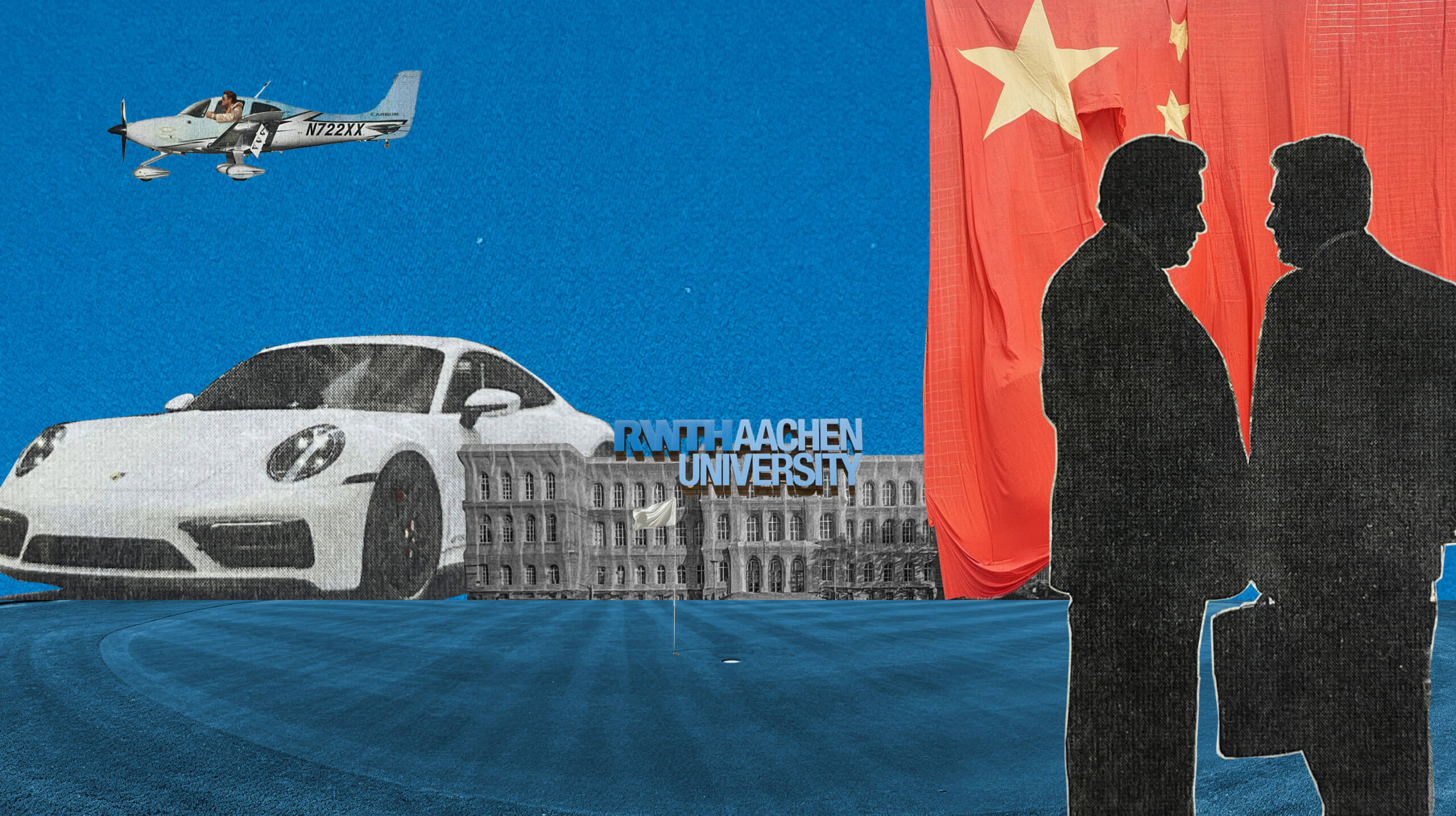
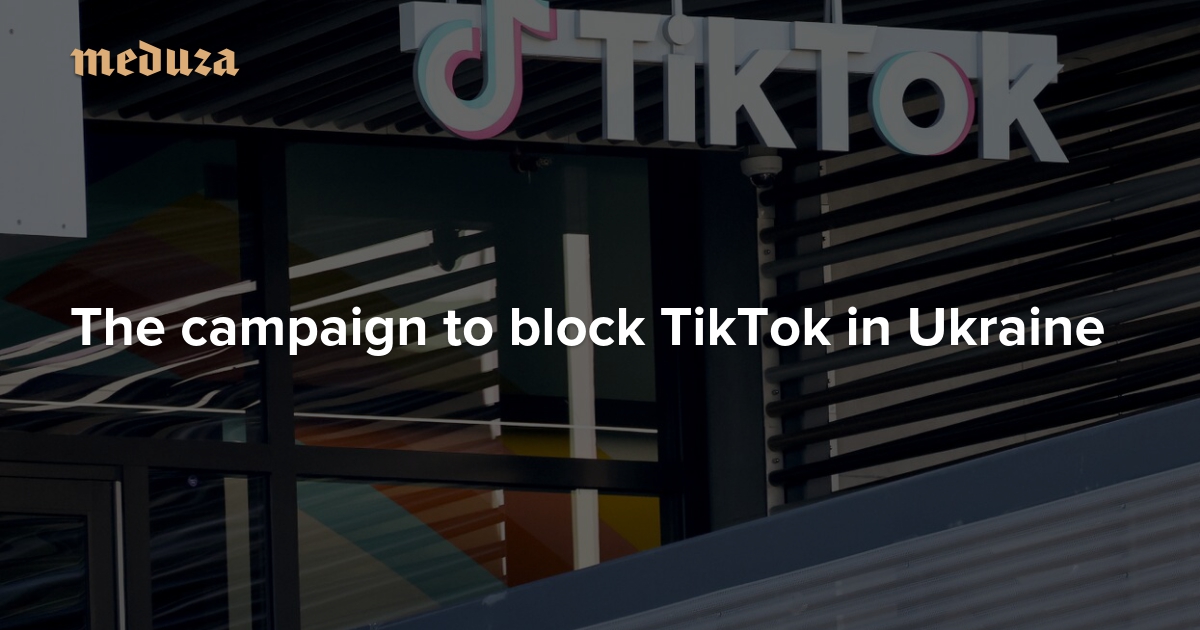






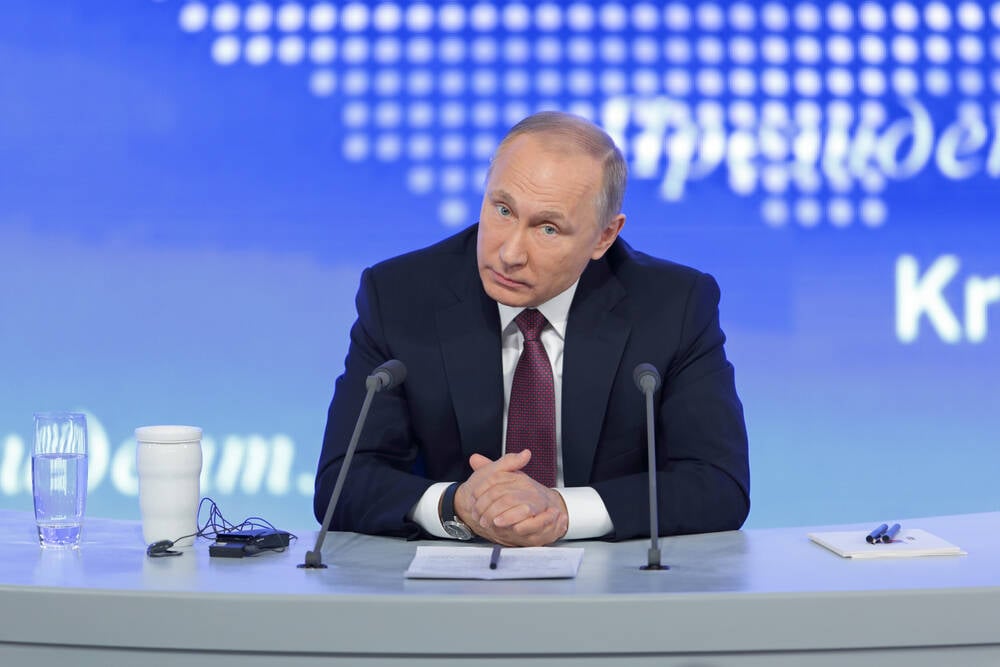
I posted this elsewhere already, but it also fits here goven many of the posts in this thread: It is not just about data/privacy concerns (which are underestimated imo, as China pursues an own agenda with collecting your data through Chinese tech) and ‘unfair’ subsidies, but about gross human rights violations.
In short, some parts of the cheap Chinese cars are made in concentration camps where people are forced to work under catastrophic conditions.